Search

SDSU Extension Accepting Applications for beefSD Program
May 24, 2022
Participation in the beefSD program is an excellent opportunity for beginning producers to increase knowledge and understanding of all aspects of the beef industry, while developing the skills needed to be successful beef business managers.

SDSU Extension to Host West River Field School June 29
June 08, 2022
The West River Field School will focus on the diverse nature of agriculture in western South Dakota and provide attendees with an opportunity to learn in a hands-on environment with SDSU Extension specialists.
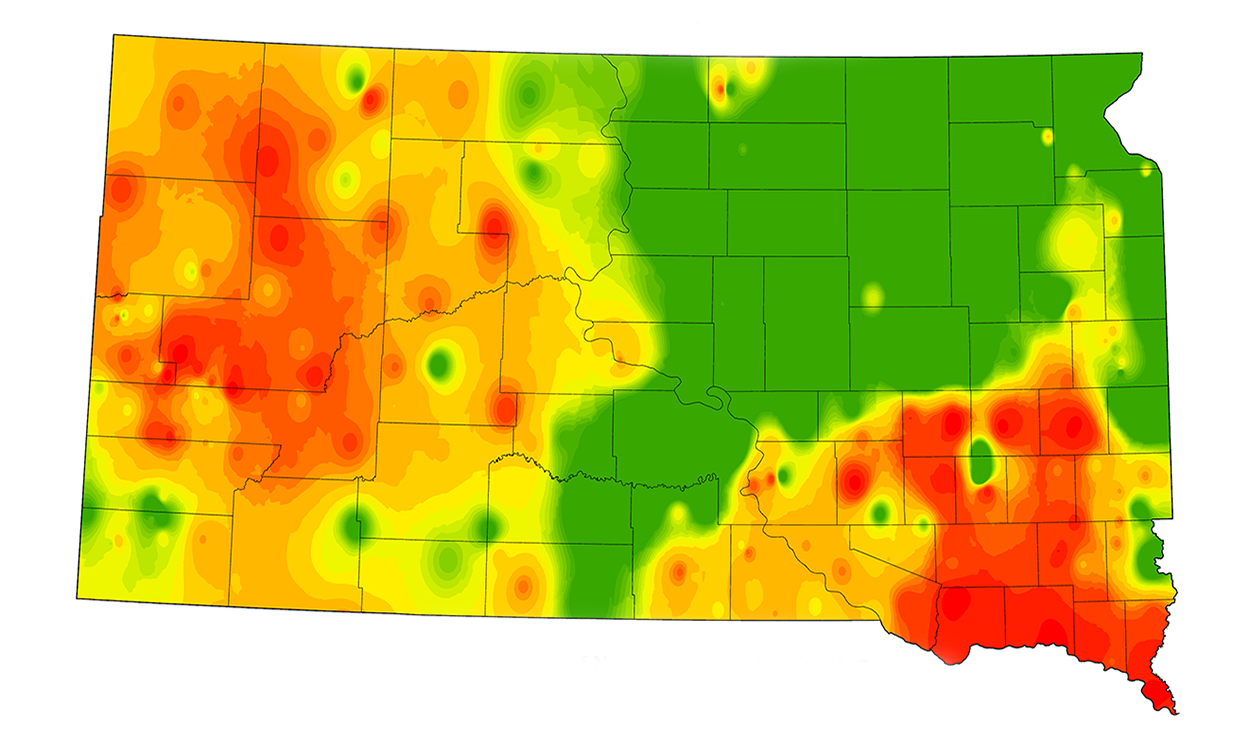
Herd Inventory Centers on Feed Available
With drought conditions continuing across the state, livestock producers will be making hard decisions on livestock inventory numbers as pasture and feed availability become an even more significant factor.
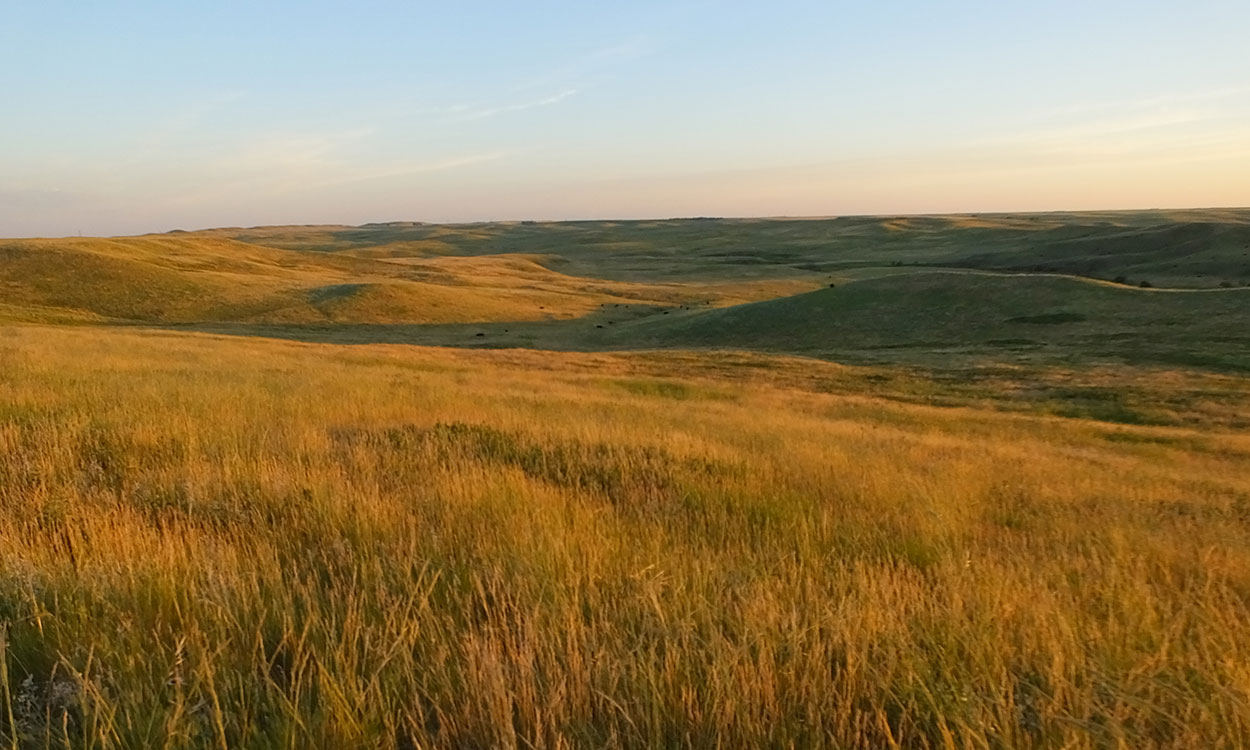
Factors That Influence Plant Development and Growth
Year-to-year variability in climate can result in large swings in annual forage production for livestock producers. Learn some key considerations to observing and mitigating the effects of this variability.
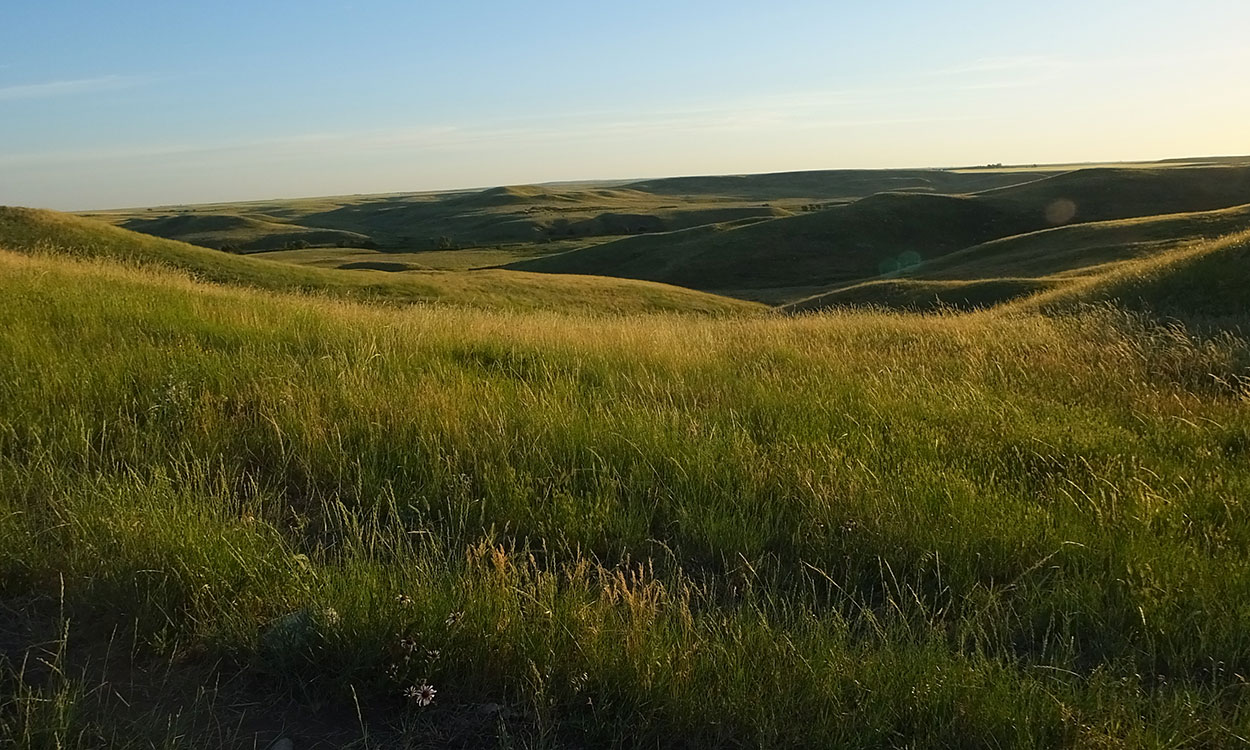
Range Beef Cow Research: Rangeland Soil Health
For rangelands to maintain productivity and produce adequate levels of forage, soil health must be sustained and function properly.
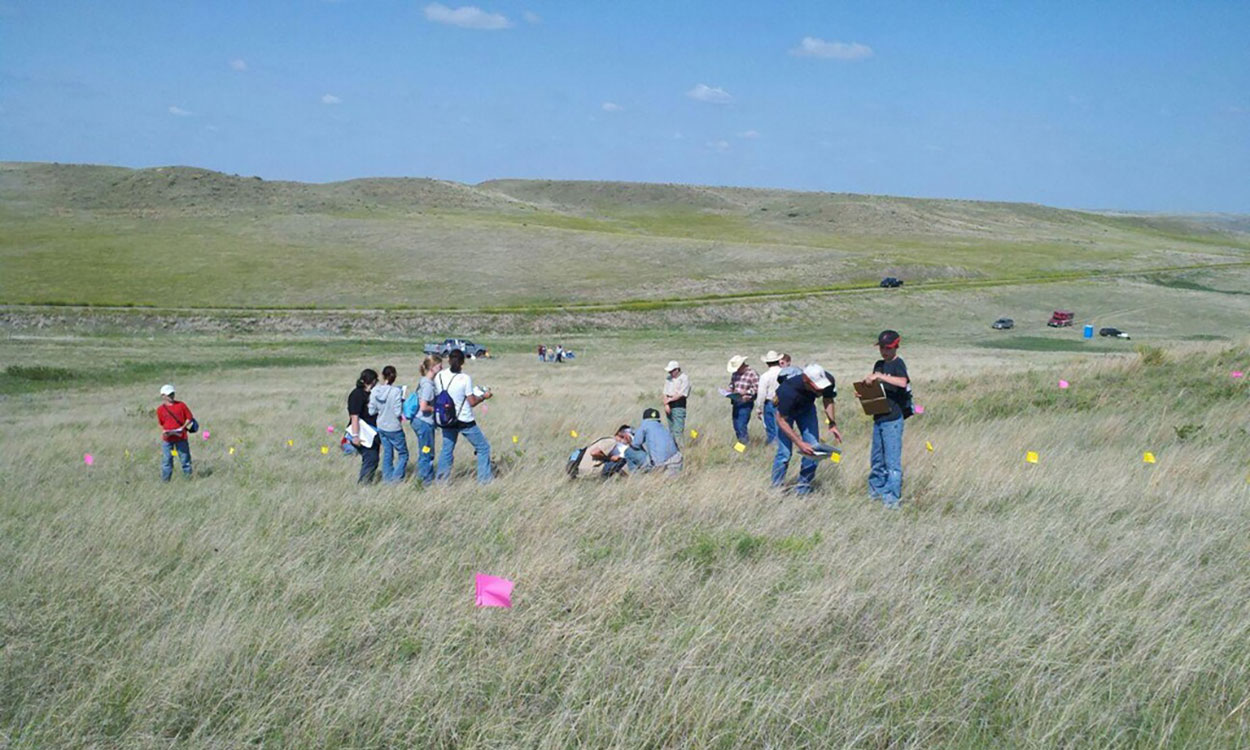
38th Annual Rangeland and 17th Annual Soils Days Set for June 14 and 15 in Murdo
March 28, 2022
Rangeland and Soils Days offer a unique opportunity for youth and adults alike to learn more about South Dakota’s natural resources.
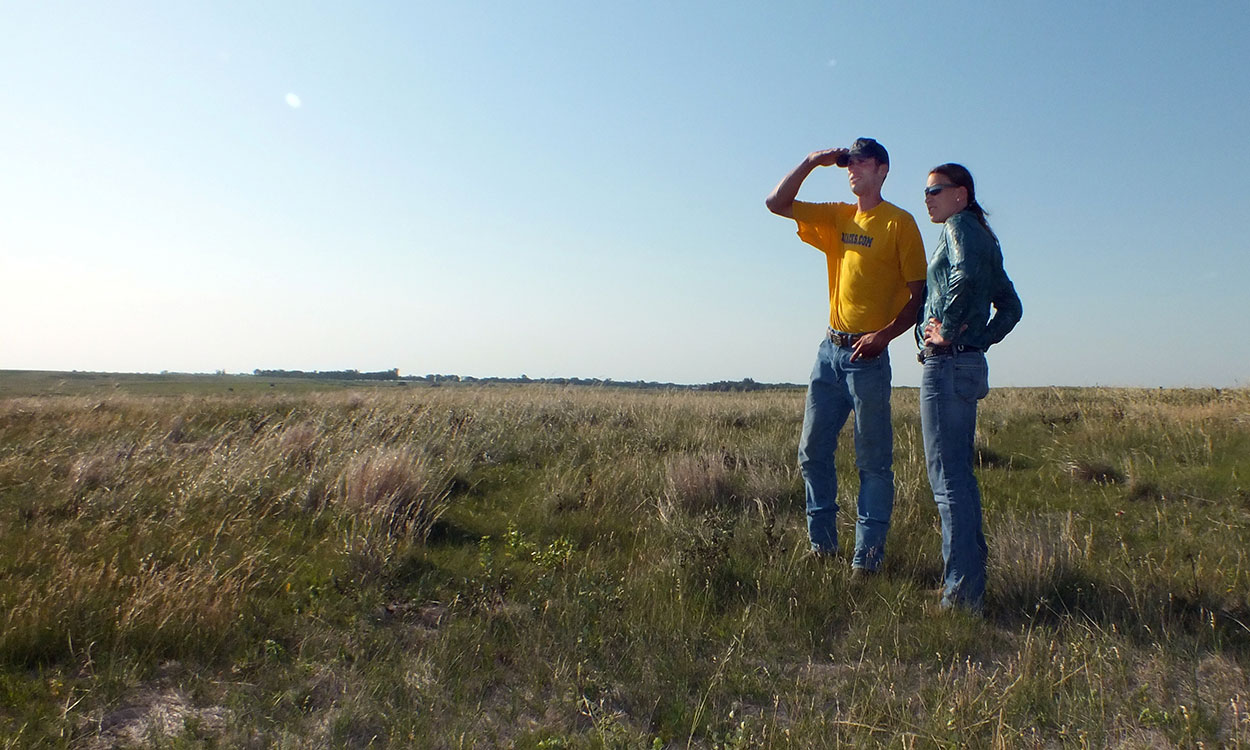
Five Range Management Principles: #1 Adaptive Management
Adaptive management is a process that livestock producers can incorporate into their operation to increase operation flexibility and adjust to changing conditions.
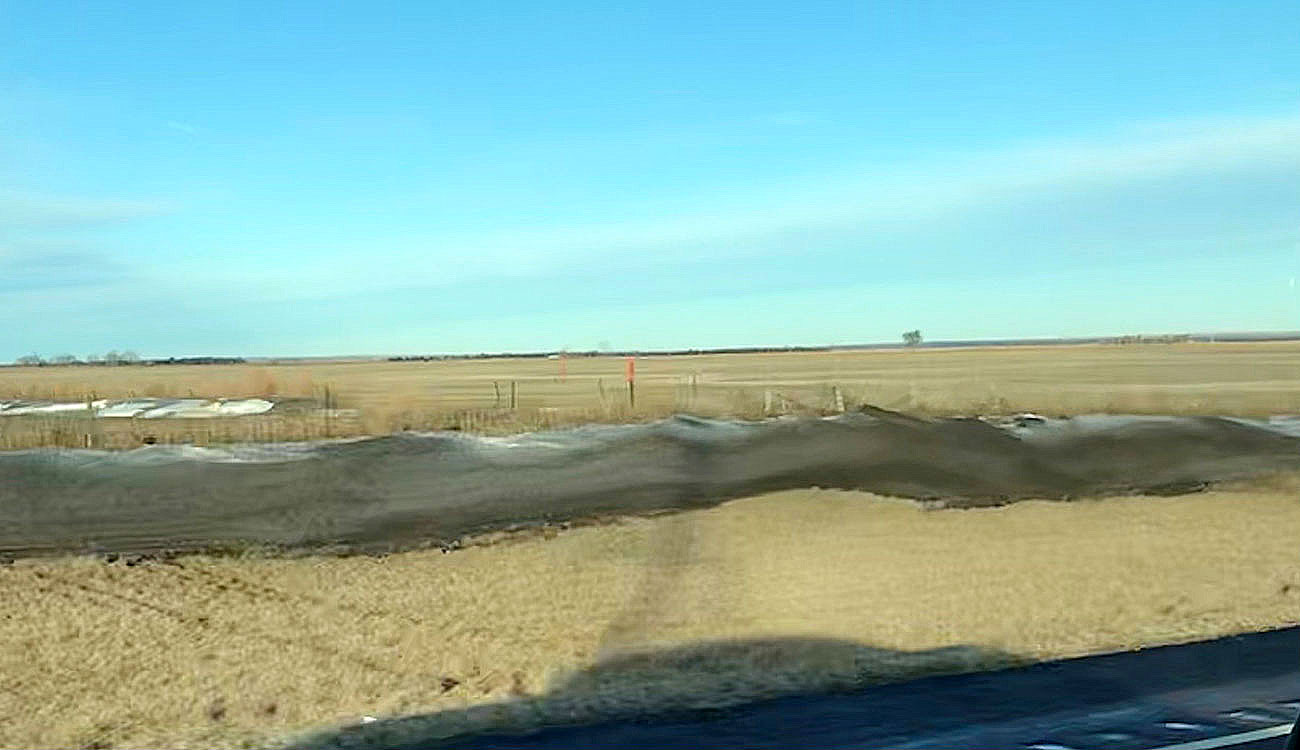
“Snirt” and How To Minimize It
Blowing soils, dust storms and “snirt” (snow with dirt on it) are frequent challenges during dry, windy winters. Learn some soil health principles to limit erosion and minimize snirt on field edges this planting season.
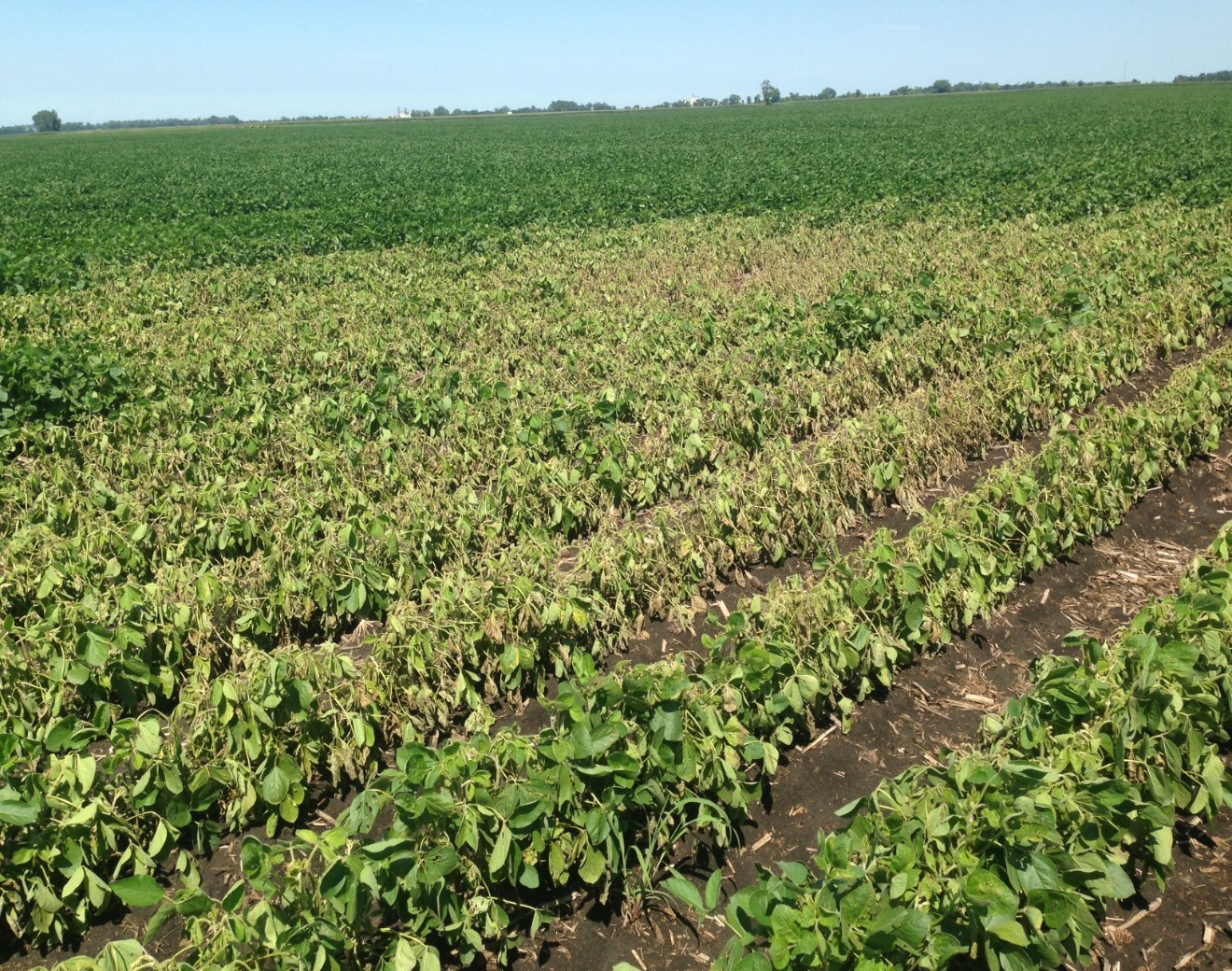
Replanting Considerations
Every season weather events such as hail or flooding can damage or destroy previously planted crops in all or in portions of fields. In May or even early June, many producers will replant these areas. As the end of June approaches, the window for replanting narrows and producers may want to do a more careful evaluation of whether or not to replant.
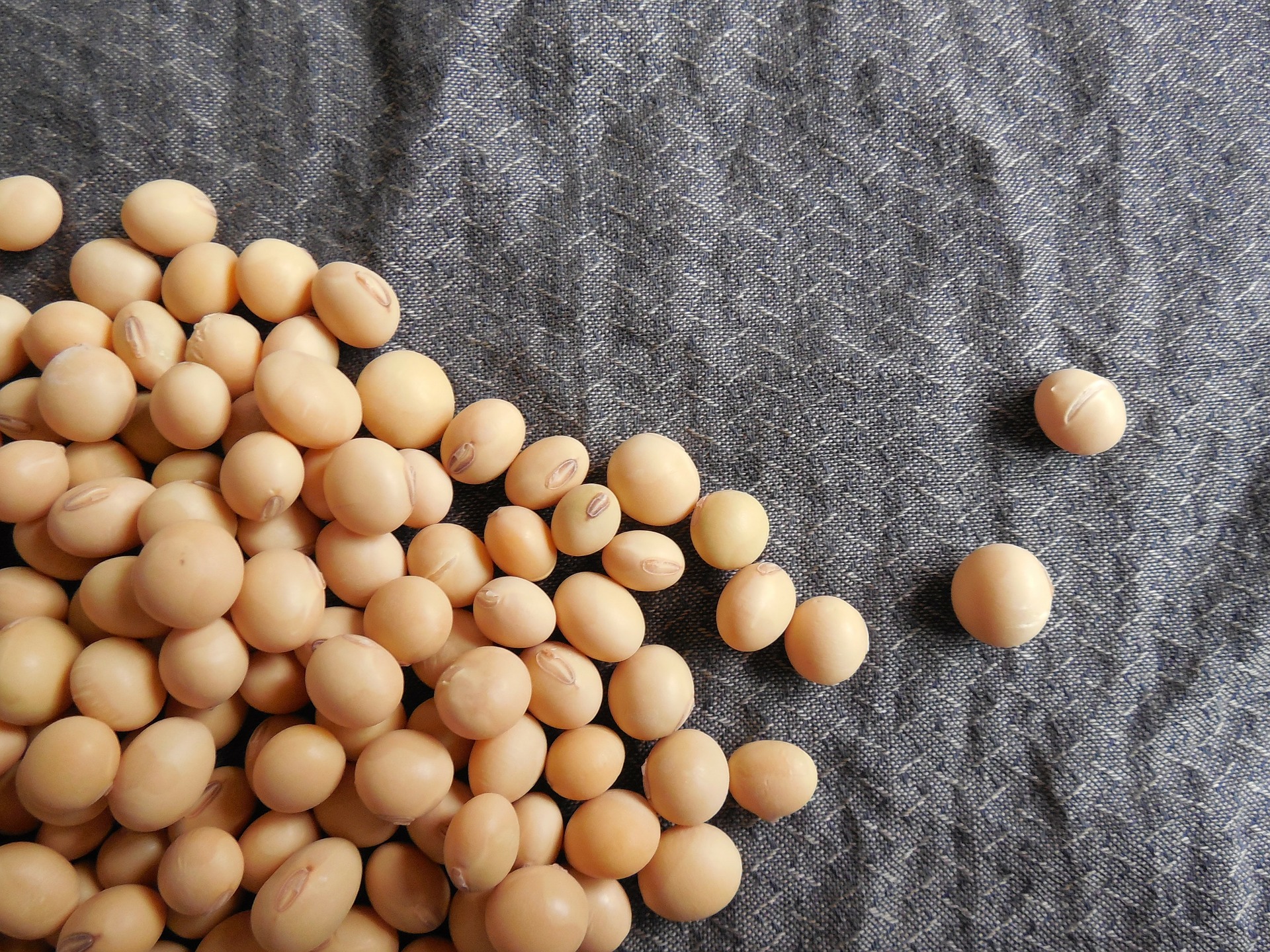
Want a Premium Price? Weed Control In NON-GMO Soybeans
Many emotions set in on farmers that hear the word “non-GMO”, but it could help them in times like today when prices are low for many farm products in South Dakota.